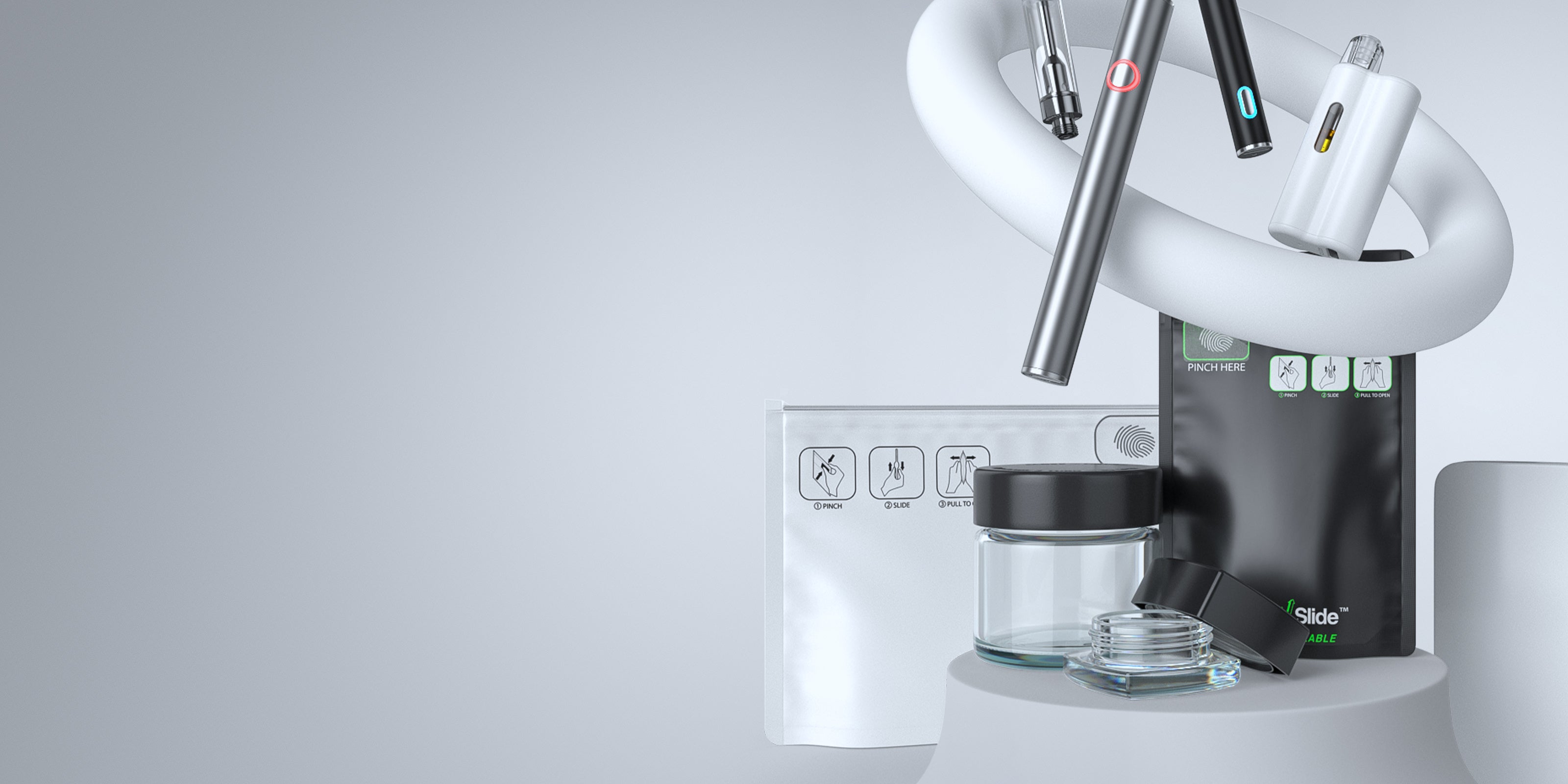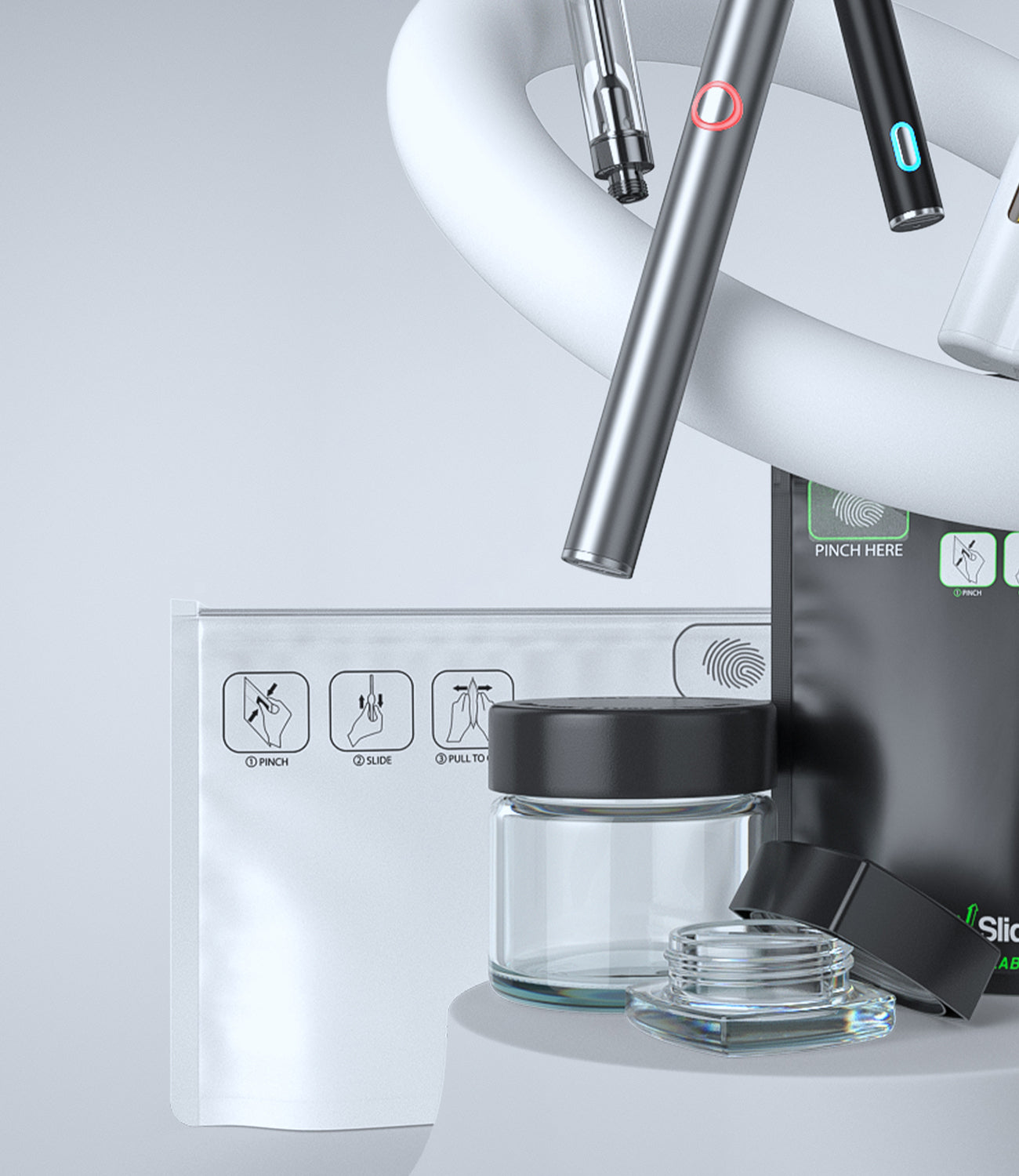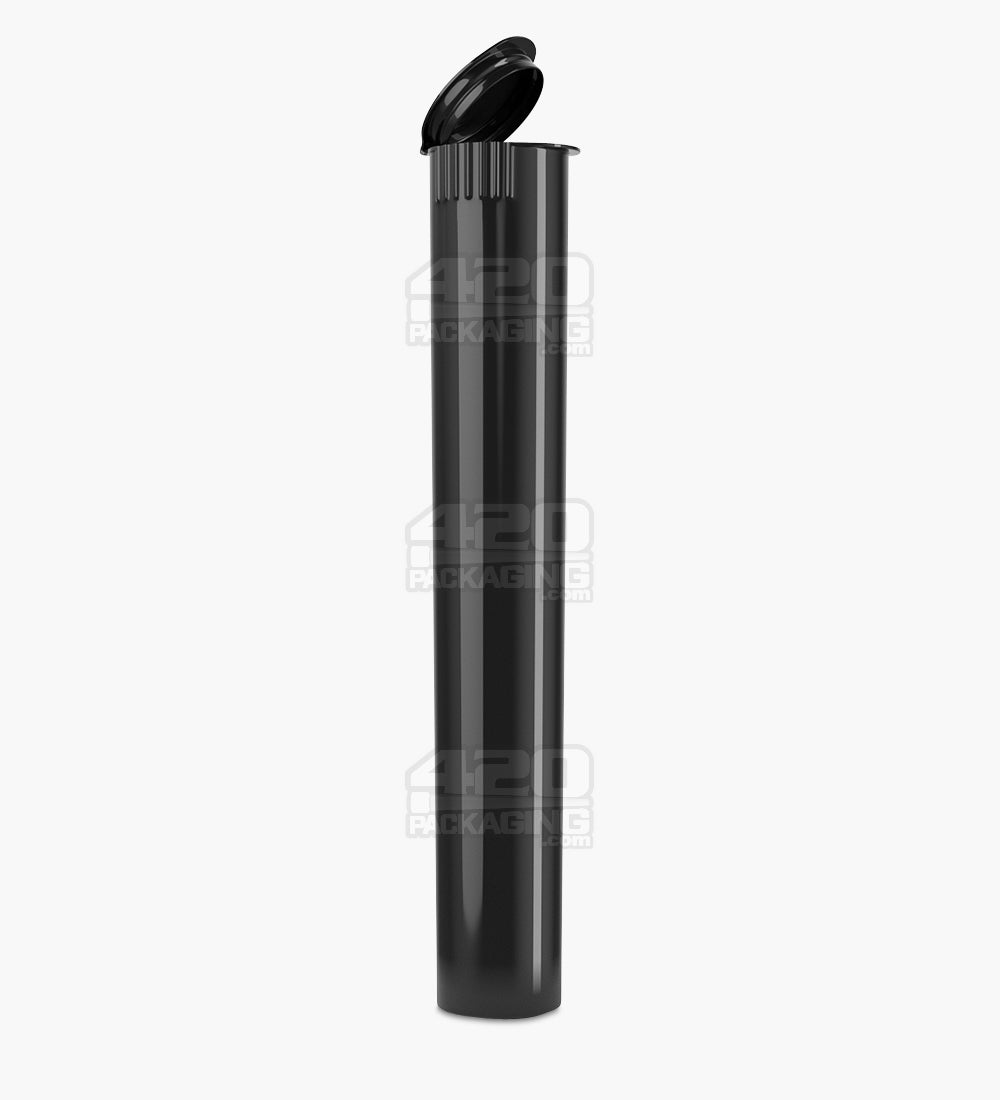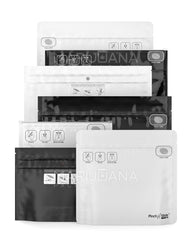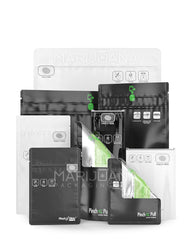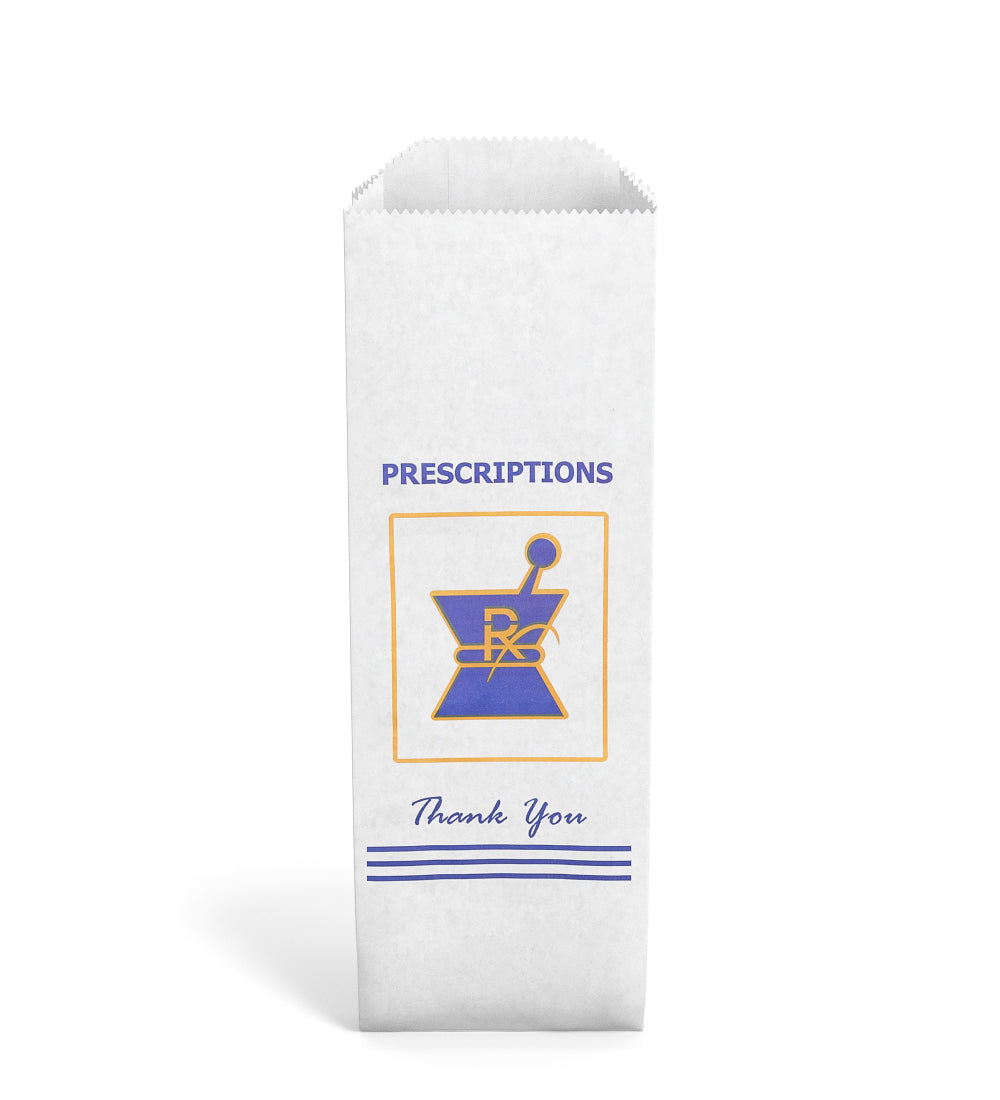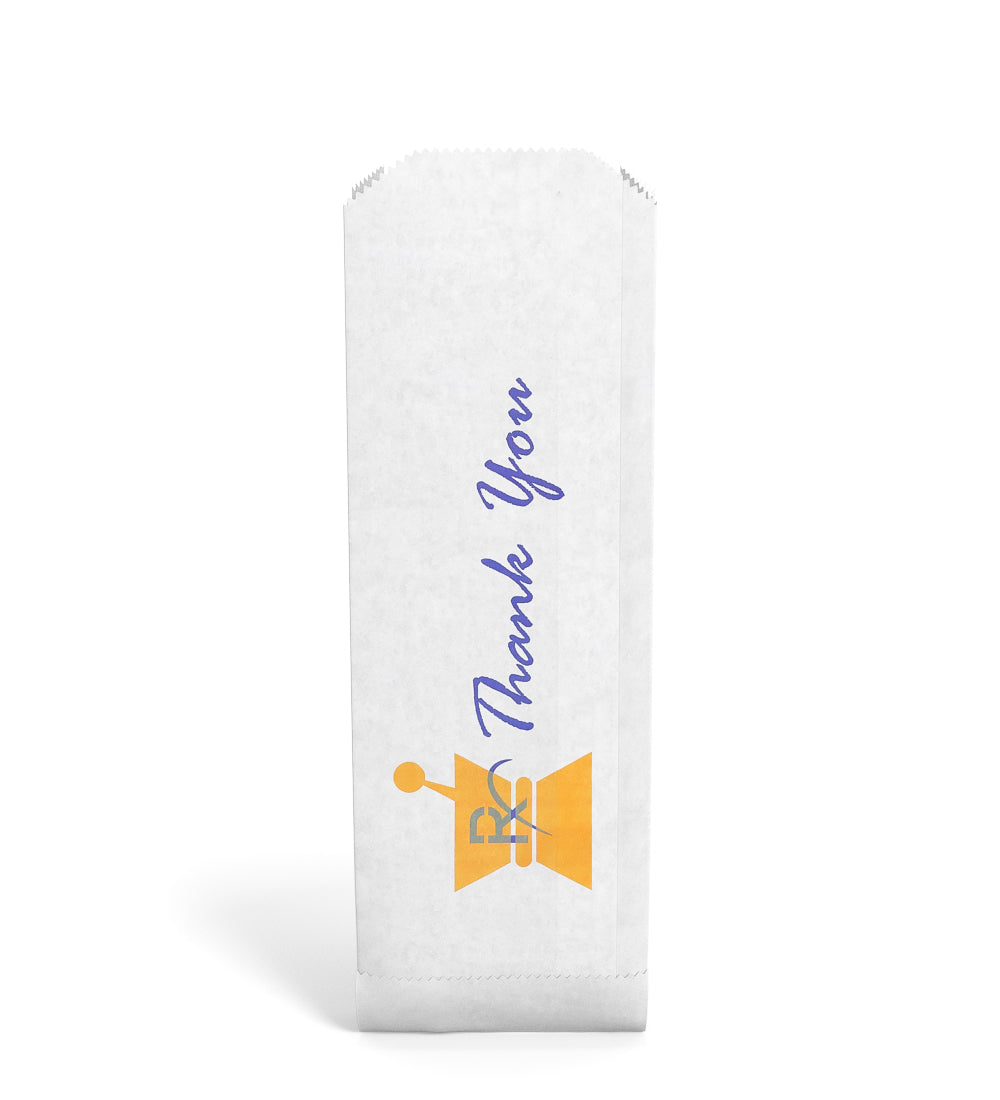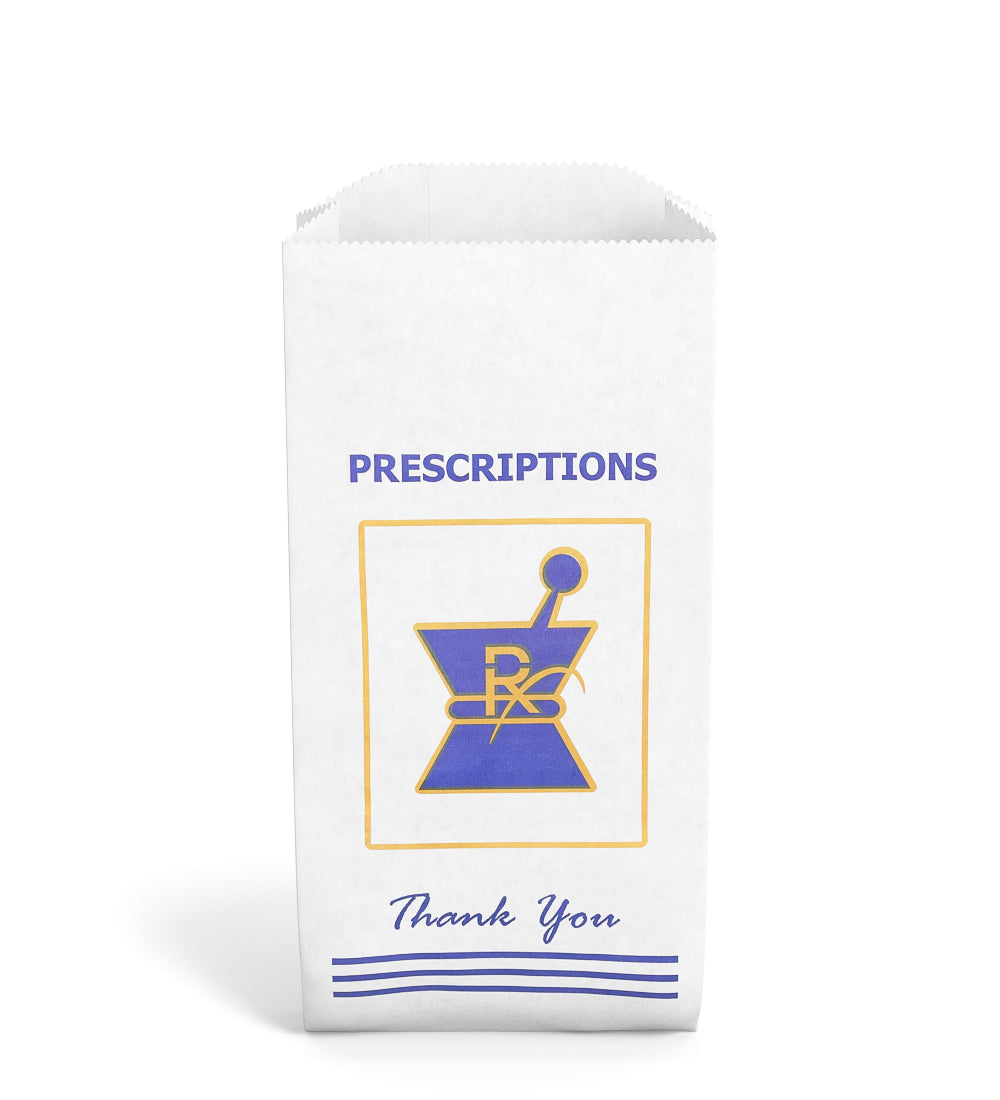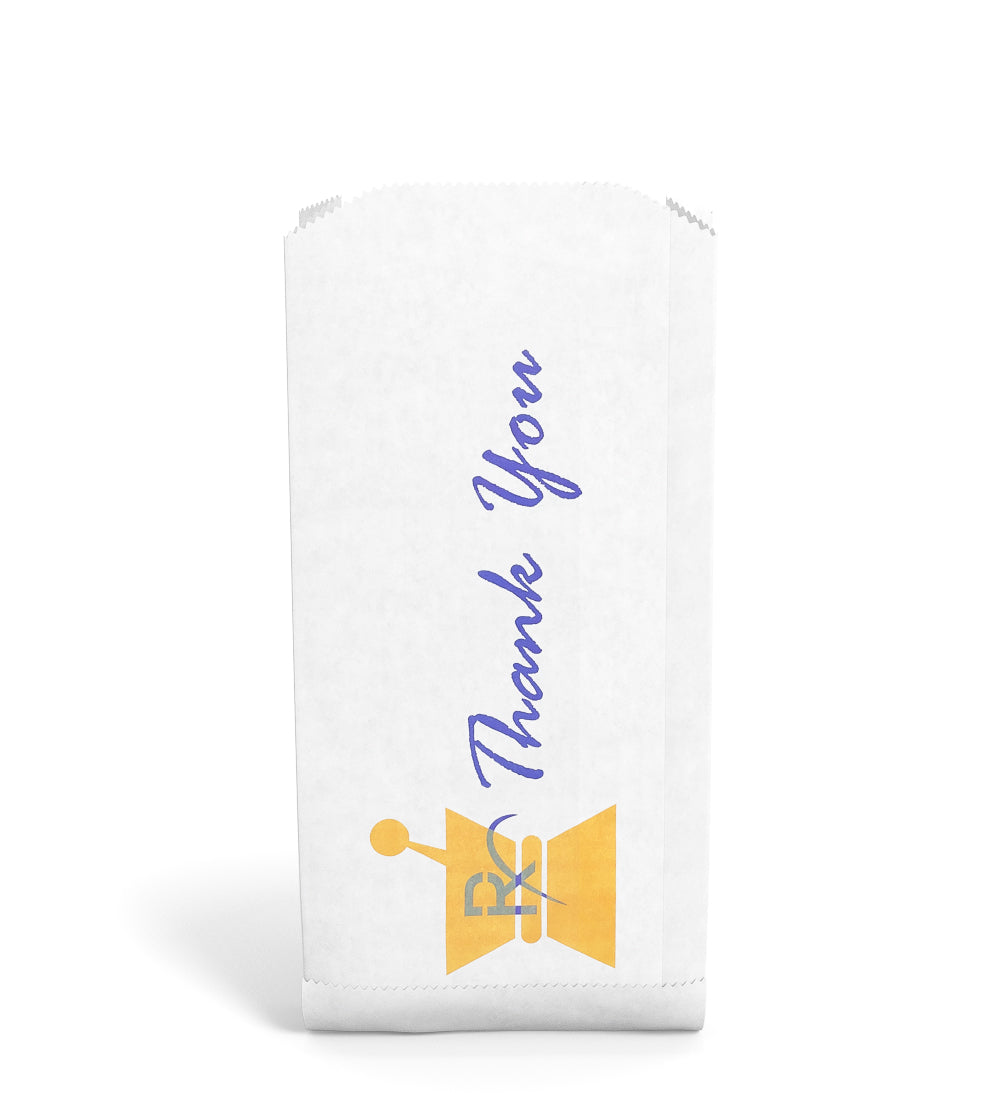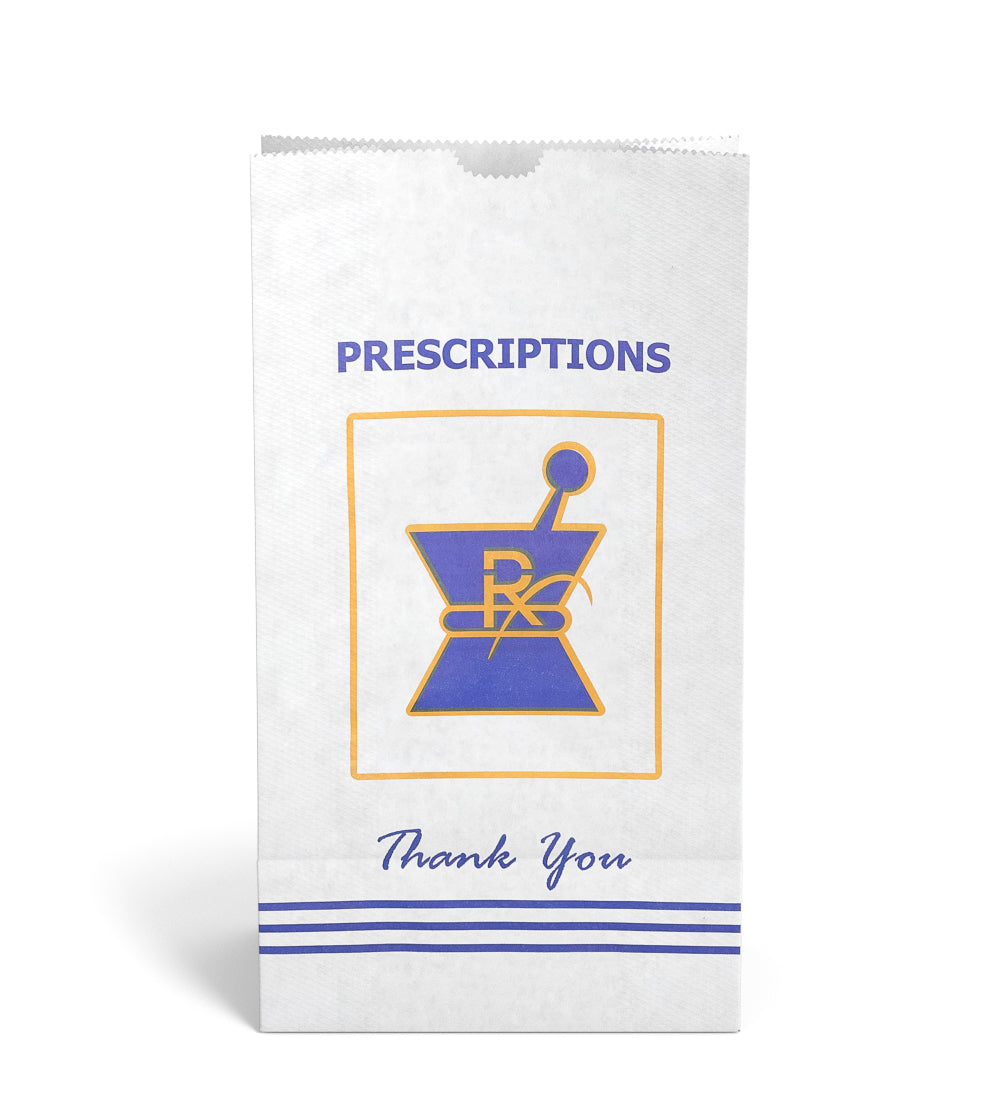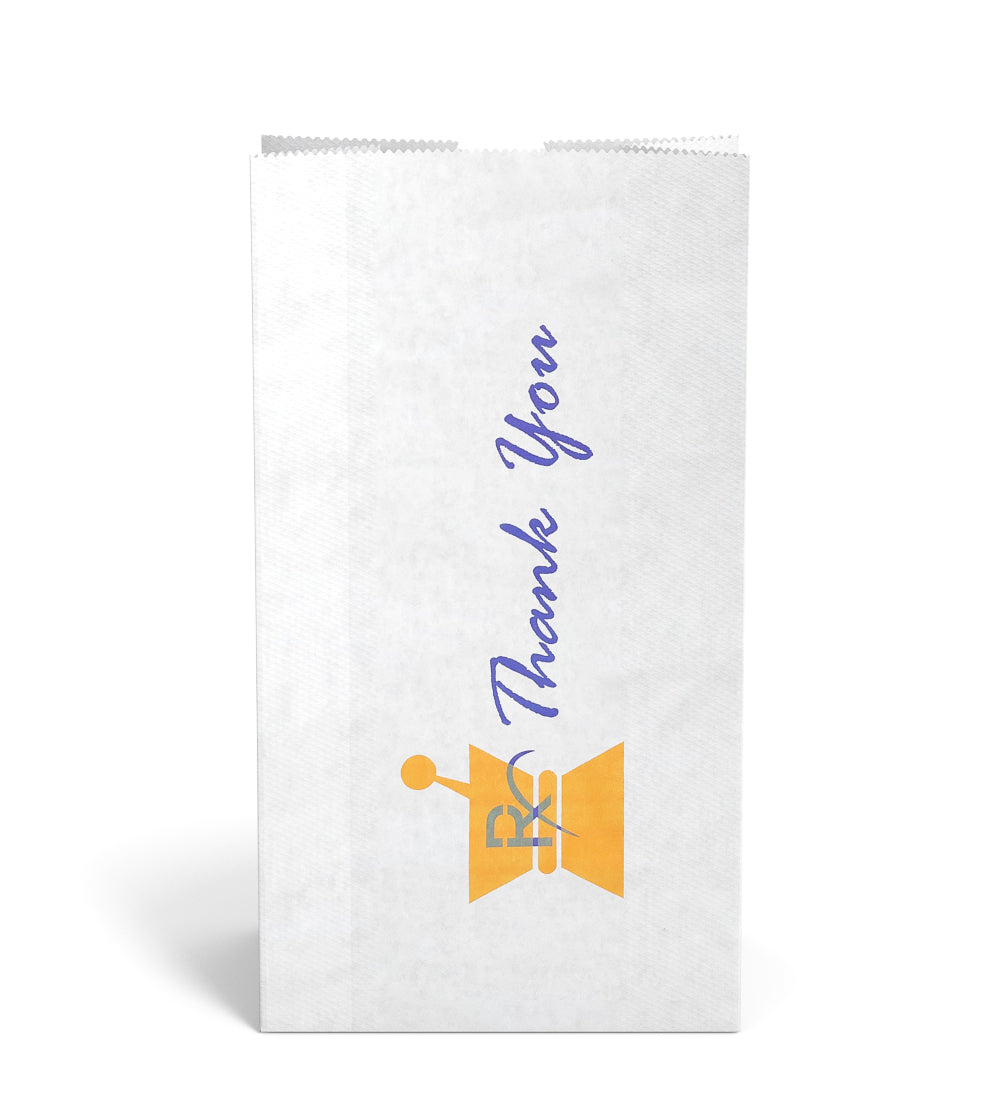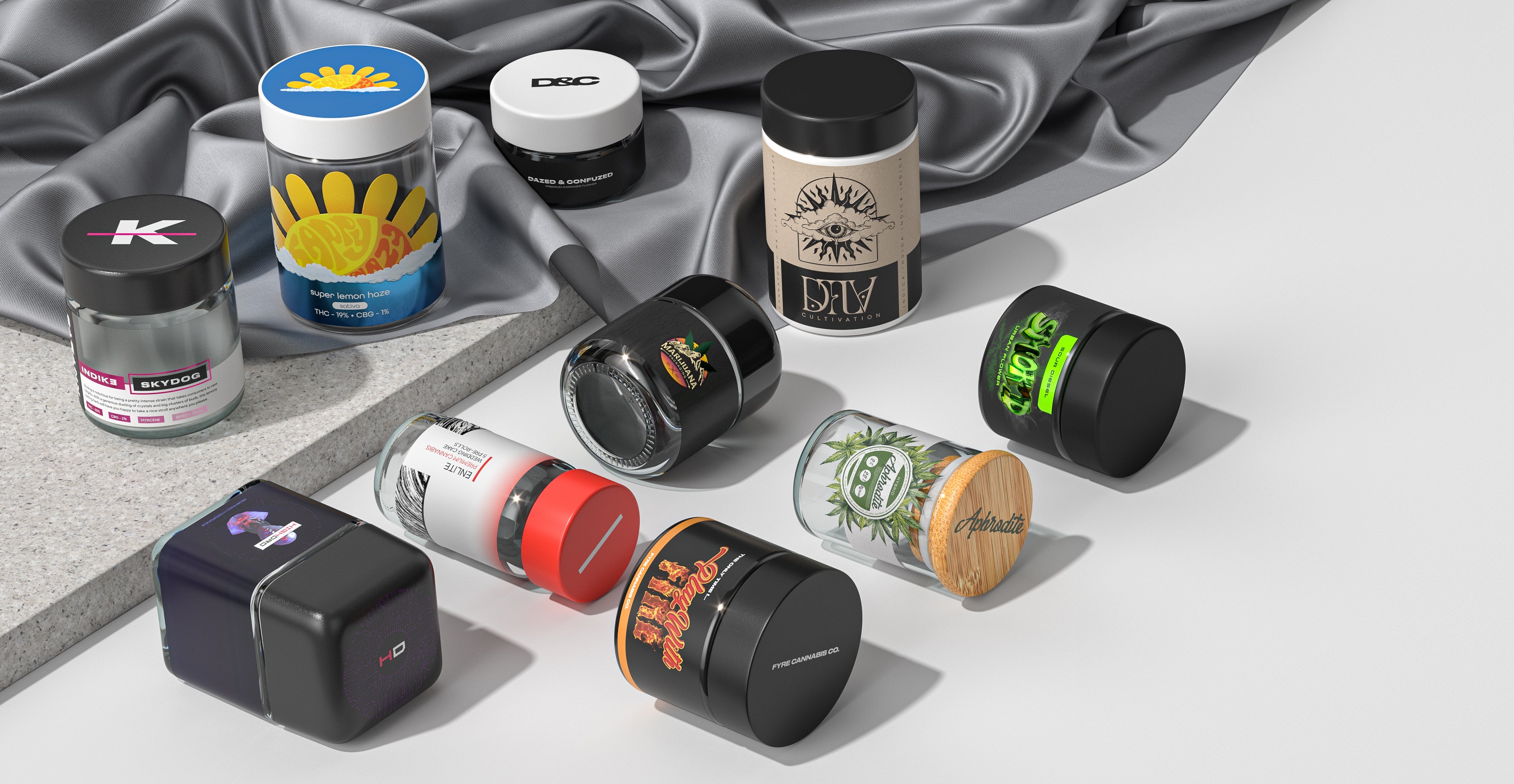Prescription bags play a critical role in the safe, professional, and discreet handling of medications in pharmacies, hospitals, and medical clinics. Designed to protect privacy and organize prescription drugs, these bags help pharmacies improve efficiency, reinforce patient trust, and meet regulatory expectations. Available in various sizes, materials, and closure styles, prescription medication bags can be tailored for branding, tamper-resistance, or temperature control—making them indispensable across healthcare environments. With growing demand, wholesale prescription bags are a cost-effective choice for operations that require daily, high-volume dispensing.
What Are Prescription Bags?
Prescription bags are specifically designed to hold and transport medications dispensed by licensed pharmacies. Typically made from paper or plastic, they offer a balance of discretion, safety, and branding flexibility. Their primary purpose is to contain and protect prescription containers while also preserving patient confidentiality.
- Paper or plastic construction: Chosen based on pharmacy needs and local sustainability goals
- Opaque material: Prevents visibility of contents to ensure discretion
- Writable surface: Allows for pharmacy labels, instructions, or barcodes
- Size variations: Small single-prescription bags to large multi-item bags
- Optional closures: Adhesive, staple, or zip-top for added security
Benefits of Prescription Medication Bags
Using dedicated prescription medication bags offers practical, safety, and customer service advantages for pharmacies of all sizes:
- Patient confidentiality: Opaque bags protect sensitive medical information
- Brand professionalism: Custom-printed designs enhance your pharmacy’s image
- Organization: Reduces medication mix-ups, especially in multi-prescription pickups
- Security: Sealed or stapled closures provide tamper resistance during delivery or pickup
- Cost-efficiency: Buying wholesale prescription bags reduces per-unit costs
Types of Prescription Bags
There are several types of prescription bags, each suited for different use cases in medical and pharmaceutical settings:
- Flat paper bags: The most common pharmacy bag; discreet and easy to label
- Handled paper bags: Useful for multiple prescriptions or heavier bottles
- Plastic zipper bags: Reusable and moisture-resistant; ideal for liquids
- Biohazard bags: Used for controlled substances or hazardous meds
- Thermal bags: Keeps temperature-sensitive medications within range during transport
Pharmacies often use a combination of styles depending on patient needs and prescription volume.
Compliance and Regulatory Considerations
In many jurisdictions, the packaging of medications must meet certain legal and ethical standards. Prescription bags play an important role in ensuring compliance:
- HIPAA compliance (U.S.): Packaging must protect patient information and ensure confidentiality
- Label space: Bags must have enough surface area for warning labels or handling instructions
- Drug classification visibility: Certain medications require special markings or restricted access
- Safe disposal messaging: Encourages responsible disposal of pharmaceuticals and packaging
Failure to comply can lead to legal consequences and reputational harm for the pharmacy.
Customization Options for Prescription Bags
Branding your pharmacy’s prescription medication bags can increase recognition, build trust, and provide useful information for patients. Customization options include:
- Logo printing: Reinforces pharmacy branding and local presence
- Instructions or QR codes: Direct patients to refill sites or dosage reminders
- Special colors or icons: Designate pediatric, veterinary, or controlled substances
- Perforations and tear-strips: Improves user experience and convenience
- Eco-labels: Highlight recyclable or biodegradable materials
Customized prescription bags can also include space for emergency contact info or refill policies.
Wholesale Prescription Bags for High-Volume Operations
High-traffic pharmacies and healthcare systems benefit significantly from sourcing wholesale prescription bags. Bulk purchasing ensures supply consistency, saves costs, and allows for better inventory planning:
- Volume discounts: Lower cost per unit at higher order quantities
- Fewer reorder cycles: Minimizes stockouts and operational delays
- Private label branding: Customize at scale for chain pharmacies or regional clinics
- Consistent quality: Uniform size and material support system-wide processes
Working with trusted wholesale suppliers also enables custom production runs and flexible minimum order quantities.
Sustainability and Recyclability
With increasing pressure to reduce packaging waste, pharmacies are turning to more sustainable options. Many prescription bags now feature:
- Recyclable paper options: Easily disposed of through standard recycling
- Post-consumer recycled materials: Reduce the use of virgin plastic or pulp
- Compostable plastic films: An emerging eco-friendly alternative to traditional bags
- Minimal ink printing: Reduces environmental impact and improves recyclability
Pharmacies can also educate customers on how to properly dispose of or recycle their prescription packaging.
Conclusion: Elevate Pharmacy Service with Quality Prescription Bags
Prescription bags are more than just a form of packaging—they are an extension of the pharmacy's professionalism, responsibility, and care. Whether you’re managing a large healthcare chain or an independent pharmacy, investing in secure, branded, and compliant prescription medication bags reinforces your commitment to patient privacy and service quality. For long-term value and consistency, sourcing wholesale prescription bags provides an affordable and scalable solution that supports day-to-day operations while strengthening your brand and patient trust.



